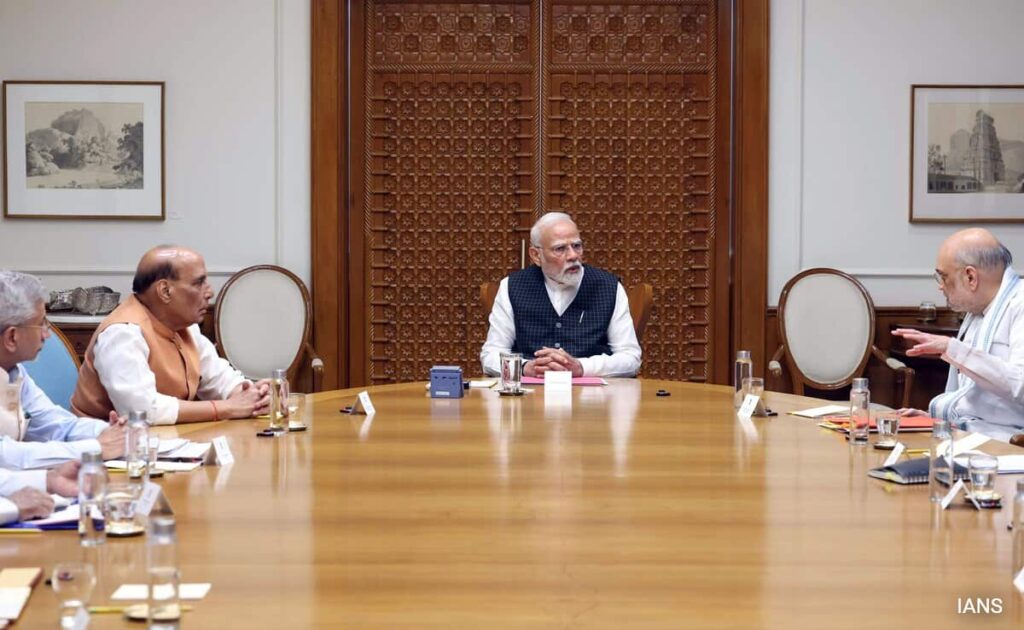PESHAWAR – India has suspended the Indus Waters Treaty, a move that could end one of South Asia’s longest-standing peace frameworks.
Signed in 1960 with the World Bank as mediator, the Indus Waters Treaty gave eastern rivers to India and western ones to Pakistan. For more than six decades, this treaty prevented water from becoming a tool of war. Now, India’s unilateral decision on 23 April 2025 opens the floodgates to instability.
Pakistan depends on the Indus system. Its rivers power homes, grow crops, support industries, and fill drinking taps. A disruption in river flow would crush agriculture, cut electricity generation, dry up urban pipelines, and devastate fragile ecosystems. Coastal regions like Sindh could face seawater intrusion. Fishermen could lose their livelihood. Entire villages may abandon their homes.
Read More: Indus Water Treaty Suspended as India Hardens Stance After Pahalgam Attack
India may gain short-term leverage, but it risks long-term damage. Breaking the Indus Waters Treaty raises red flags for global investors, international courts, and diplomatic partners. This act casts India as a state that discards signed agreements when convenient. The cost of that image could far outweigh any strategic gains.
Pakistan won’t stay passive. It may respond with legal action, diplomatic escalation, or even military preparedness. India’s decision could intensify pressure along the Line of Control, spark cross-border confrontations, and derail regional peace initiatives.
India could also face blowback at home. If it starts water projects in disputed territories or sensitive regions, local communities may resist. Political rivals may turn water into a national issue, further dividing public opinion.
The Indus Waters Treaty worked because both nations agreed to talk instead of fight. Suspending it replaces cooperation with confrontation. It sets a precedent that water is no longer sacred—it’s strategic.
Water binds civilizations. No wall can stop its flow. No nation can truly own it. If leaders turn rivers into weapons, they won’t just rewrite treaties—they will reshape futures. The world must watch. South Asia stands at a turning point.
The Indus Waters Treaty once symbolized peace. Suspending it may become the first step toward chaos.












